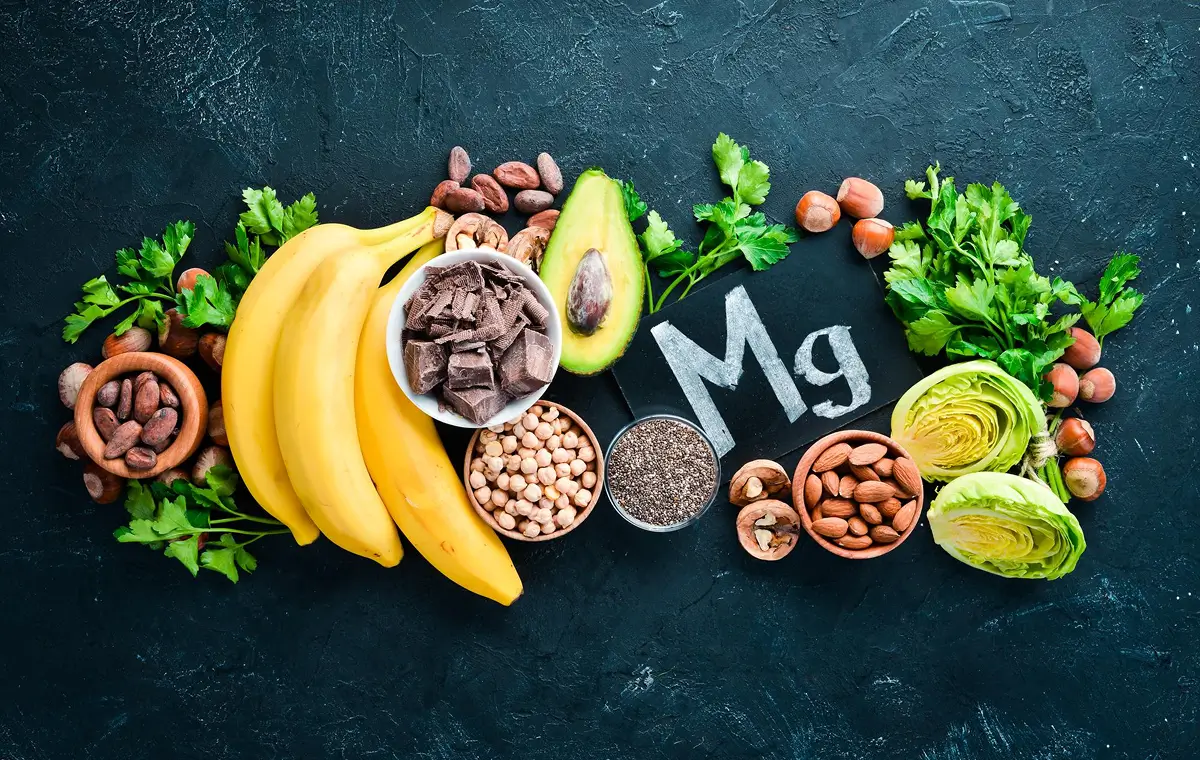
What Are Weight Loss Supplements?
The term “weight loss supplements” refers to a broad collection of probiotic, vitamin and mineral supplements that help people lose weight naturally. Similar to weight loss medications like Ozempic, these natural supplements improve GLP-1 hormone balance and other crucial bodily chemicals that impact your metabolic health.


